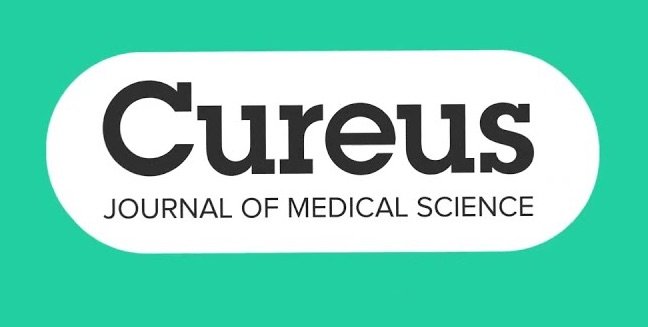Editor's Note Enhanced recovery after surgery (ERAS) procedures showed benefits among older patients with colon cancer and other comorbidities, without compromising results, according to study findings published December 11 in Frontiers in Surgery. Investigators evaluated postoperative complications and length of stay in colorectal cancer patients undergoing ERAS compared with non-ERAS…

Editor's Note Early blood pressure augmentation did not improve neurologic outcomes and was linked to more complications, according to a JAMA Network study published on September 18. In this multicenter randomized clinical trial at 13 US trauma centers, 92 adults with acute cervical or thoracic spinal cord injury were assigned…

Editor's Note Older adults with a body mass index (BMI) in the overweight range had significantly lower odds of death after major elective surgery compared with those in the normal BMI category, an August 26 study published by JAMA Network reports. The cohort study followed 414 adults aged 65 years…

Editor's Note The Perioperative Nutrition Screen (PONS) identifies patients at greater risk of complications following pancreatic cancer surgery, according to a retrospective analysis published August 27 by Research Square. The study found that patients flagged for nutrition risk by PONS experienced longer hospital stays, higher complication rates, and were more…

Editor's Note Colorectal tumors once considered inoperable are now routinely treated with curative surgery, thanks to advances in multimodality therapy and complex resection techniques, Mayo Clinic September 16 reports. Decades ago, cancers invading the sacrum, pelvic organs, or major blood vessels were often deemed unresectable, leaving patients with only palliative…

Editor's Note Older age alone should not exclude patients from ambulatory general surgery. A retrospective study published in Cureus on August 27 found that patients over 75 undergoing short-stay general surgical procedures experienced complication and reintervention rates comparable to younger peers, despite higher comorbidity and anesthetic risk scores. The analysis…

Editor's Note Artificial disc replacement (ADR) no longer requires a hospital stay. In one of the largest analyses to date, a California surgical team reviewed 1,043 outpatient ADR cases over 6 years and found zero immediate hospital transfers, zero transfusions, and every patient discharged home in under 24 hours, LA…

Editor's Note A malpractice case involving a 69-year-old man undergoing an endoscopy at an ambulatory surgery center (ASC) spotlights the risks of managing high-comorbidity patients outside a hospital setting. According to a May 13 report in Anesthesiology News, the patient experienced a hypoxic event that led to permanent brain injury…

Editor's Note Laser cataract surgery is entering a new era where robotic systems and artificial intelligence (AI) work alongside surgeons to improve accuracy, efficiency, and patient outcomes. According to the July/August 2025 edition of Ophthalmology Times, recent advances in robotic integration, astigmatism management, and AI-driven imaging are minimizing variability, reducing…

Editor's Note Healthcare providers, payers, and analytics teams face sweeping ICD-10 changes this fall, with the 2026 code updates taking effect October 1, 2025, Wolters Kluwer July 14 reports. The release includes 614 new codes, 12 invalidations, 642 billability changes, 88 terminology revisions, and the creation of an entirely new…